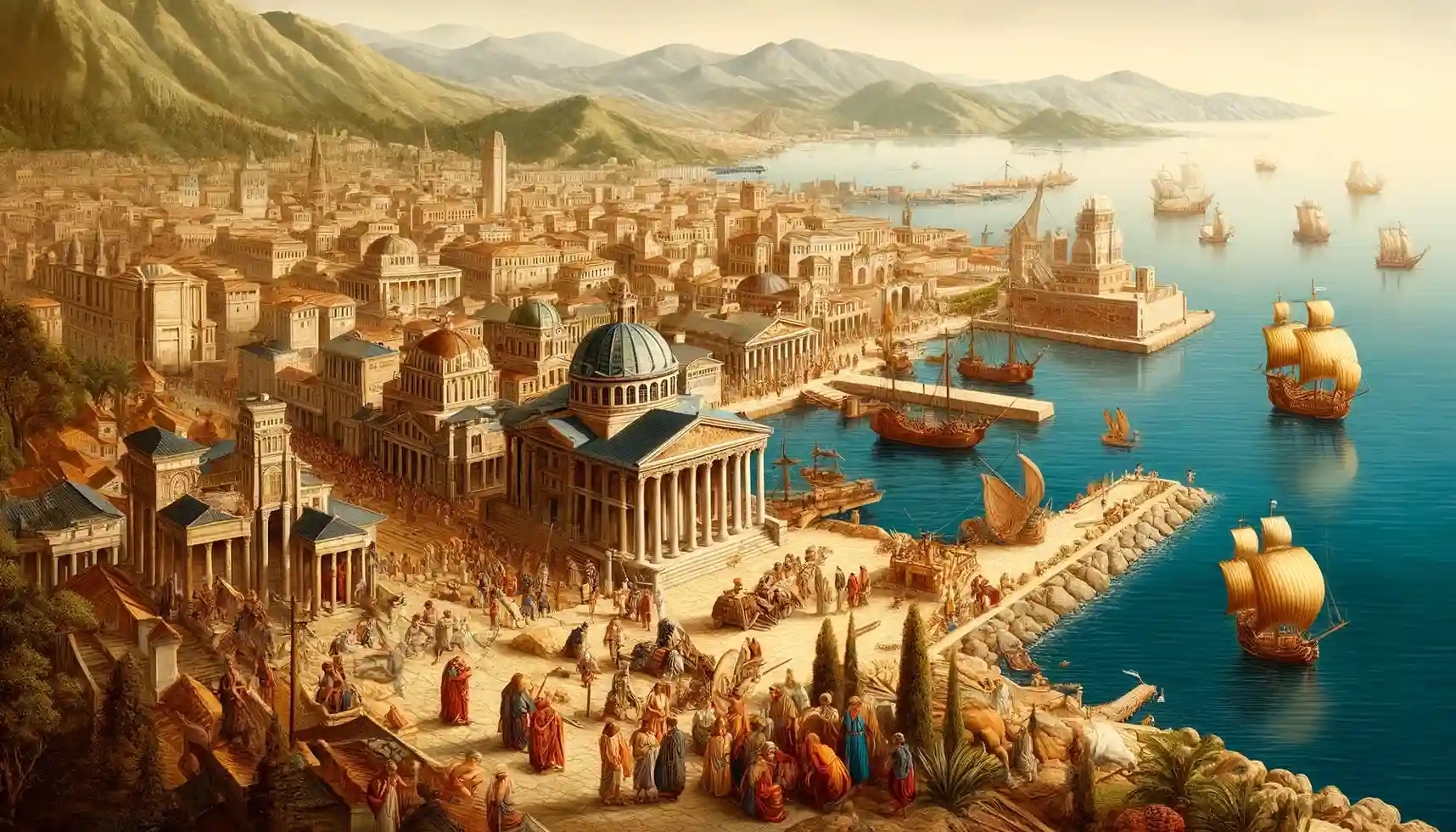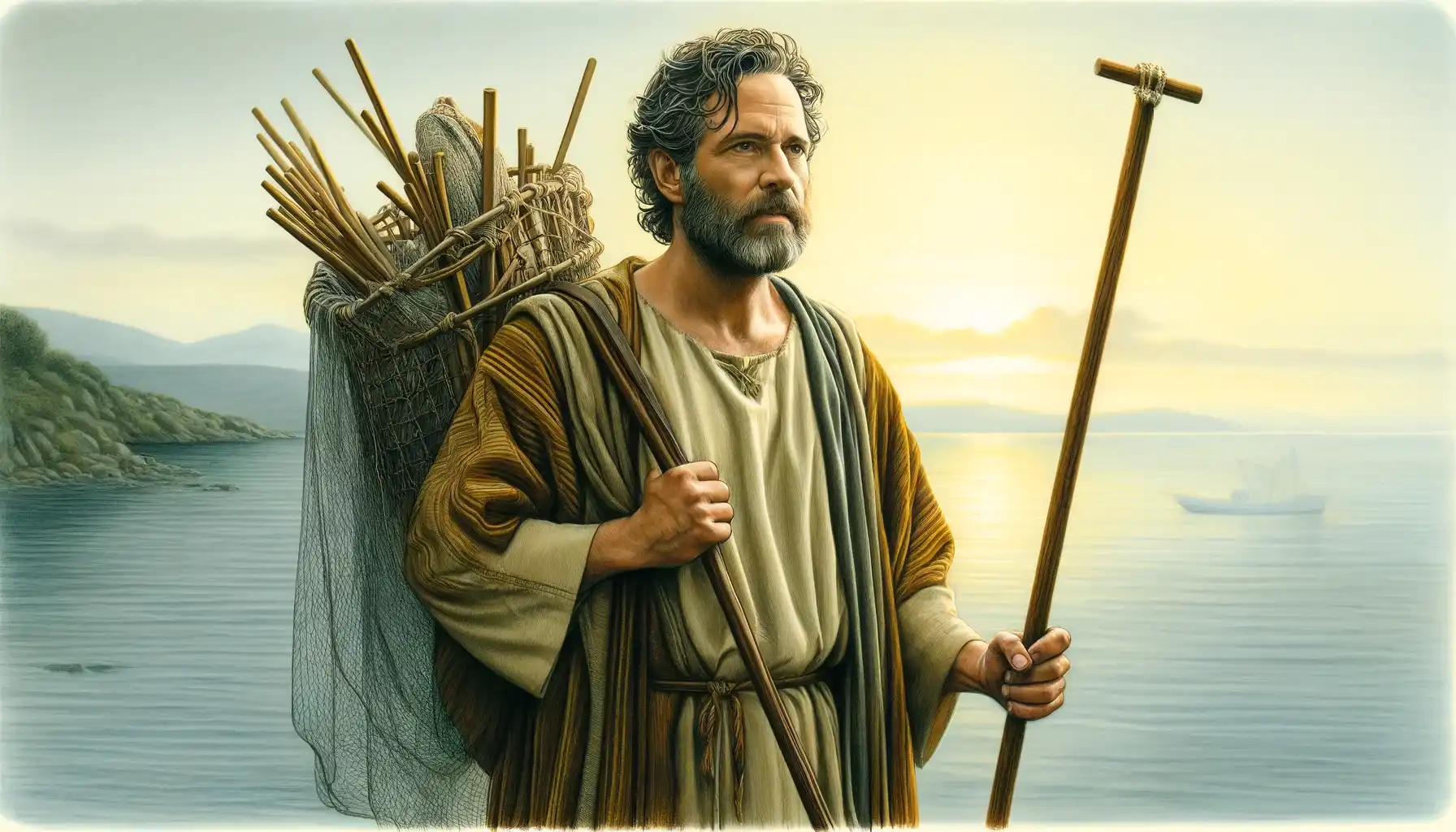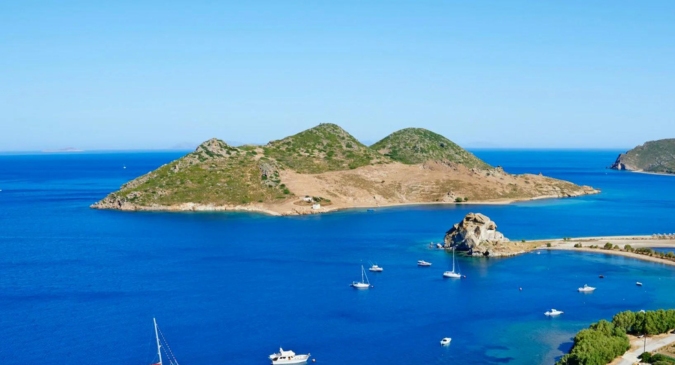Thessalonica (now Thessaloniki) was an ancient city in Macedonia, northern Greece, significant in the New Testament for its early Christian community. Founded around 315 BC by King Cassander and named after his wife Thessalonike, it was a key harbor and trade center in the Roman Empire. During Paul’s second missionary journey around AD 50-51, he founded a Christian community there, as described in Acts 17. The city, a cultural hub with Greek, Roman, and Jewish populations, faced persecution, which Paul addressed in his Epistles of First and Second Thessalonians. Today, Thessaloniki is a major Greek city with rich archaeological sites.
Andrew, one of the twelve apostles of Jesus, is a compelling figure in Christian history, embodying the zeal and humility of early Christian apostleship; his background as a fisherman and initial discipleship under John the Baptist set the stage for his recognition of Jesus as the Messiah, leading to significant acts such as introducing his brother Peter to Jesus and facilitating key events like the feeding of the 5000. His post-resurrection missionary journeys through areas around the Black Sea and modern Greece and Turkey, and his martyrdom on an X-shaped cross in Patras, underscore his devotion and commitment, while his veneration as the patron saint of Scotland, Russia, and Greece reflects the broad geographic impact of his evangelistic missions, continuing to inspire faith and devotion through his legacy of apostolic service and sacrifice.
Patmos, an island of serene beauty and profound spiritual significance, is revered as the sacred site where the Apostle John received the visions recorded in the Book of Revelation, marking it as a timeless beacon of hope and revelation in Christian history.



